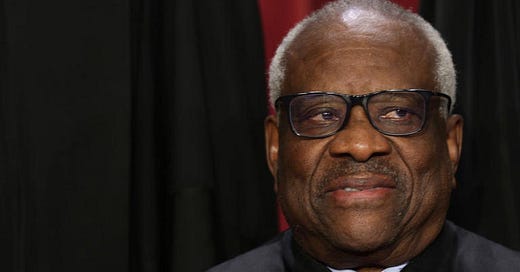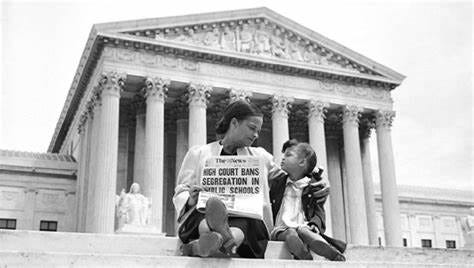Brown Versus Board of Education Seventy Years Later
The seminal ruling is in danger of being overturned.
May 17th was the seventieth anniversary of Brown vs. Board of Education, the Supreme Court decision that led to many subsequent desegregation decisions.
Even with Brown v. Board, full school desegregation was never achieved. Several factors are at work that will erode the limited success already achieved.
One factor is the effort at local and state levels to replace public school systems with private schools funded with so-called tax vouchers. This system would make education available to the very few, and they are trying to get it for free.
Their justification is saying that this new system would bring about “school choice.”
What it would actually bring about is making education unattainable for the poor and lower middle class.
True school choice would be achieved by the eradication of what is called “residential assignment,” which means that students have to go to schools based on where they live.
Creating school districts based on open enrollment would allow students to attend schools that provide an education specific to student needs.
The other major threat is the rightward turn of the Supreme Court. Given recent utterances by Court justices, it seems likely that the one of the consequences of reelecting the former president would be the overturning of Brown v. Board of Ed.
Justice Clarence Thomas, one of several ethically compromised conservative justices, recently attacked the Brown ruling.
Thomas wrote that the previous Court ruling "took a boundless view of equitable remedies" and that the subsequent remedies came about through "extravagant uses of judicial power."
He said that federal courts are limited in their abilities to grant equitable relief, and “not the flexible power to invent whatever new remedies may seem useful at the time.”
It is amazing where this conservative bloc of the Court sees limitations on certain issues while finding the capacity to make sweeping decisions on other issues.
They can eradicate reproductive rights from women, but they are limited in providing equitable voting rights.
Both Justices Thomas and Alito have definitive conflicts of interest involving the former president, yet do not recuse themselves when matters concerning him come before the Court.
Brown vs. Board of Education legally dismantled the ludicrous notion of separate but equal, but the Court under its current constitution (pardon the pun) seems likely to reinstate it.
The potential destruction of the public school system and the resumption of the separate but equal doctrine are but two more reasons to vote in the presidential election.
The election stakes are already high and are constantly being raised.




